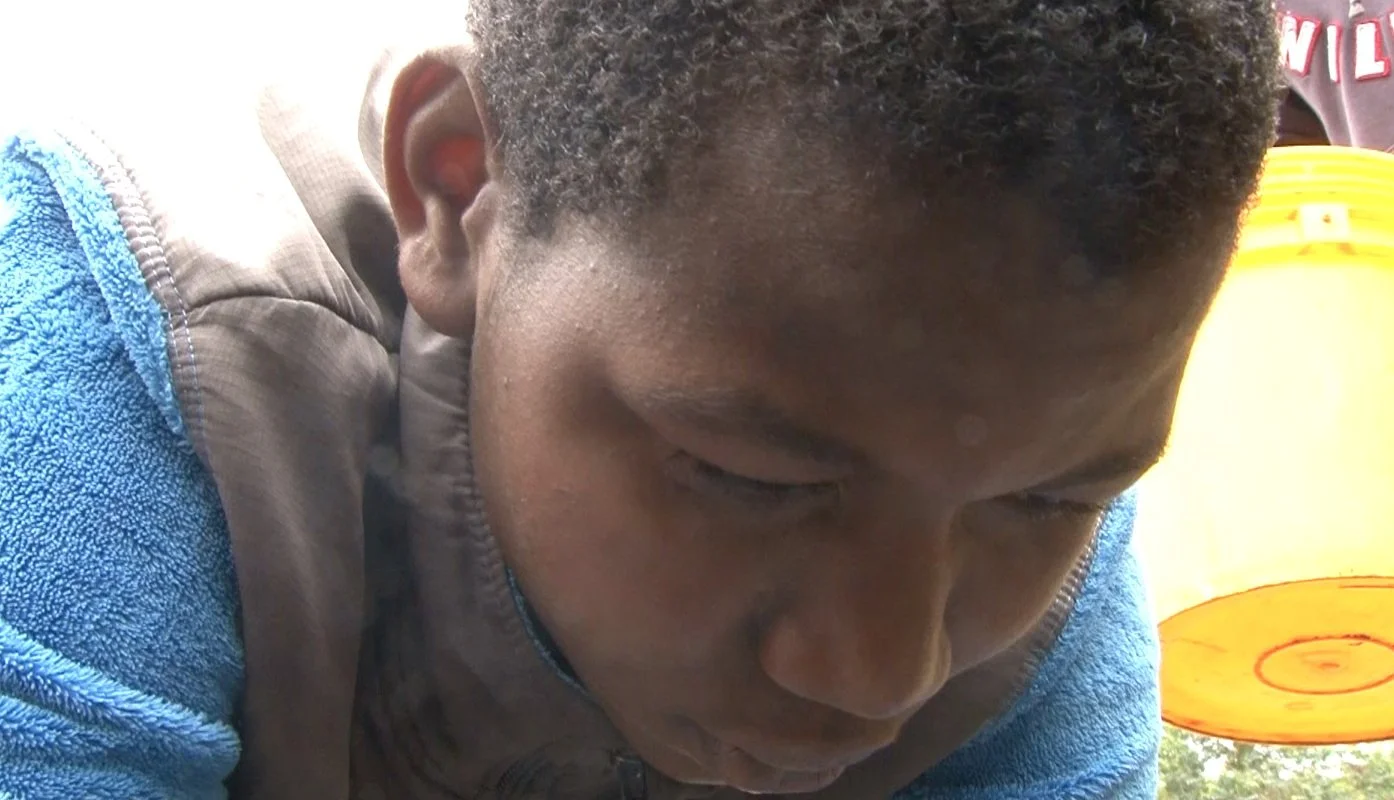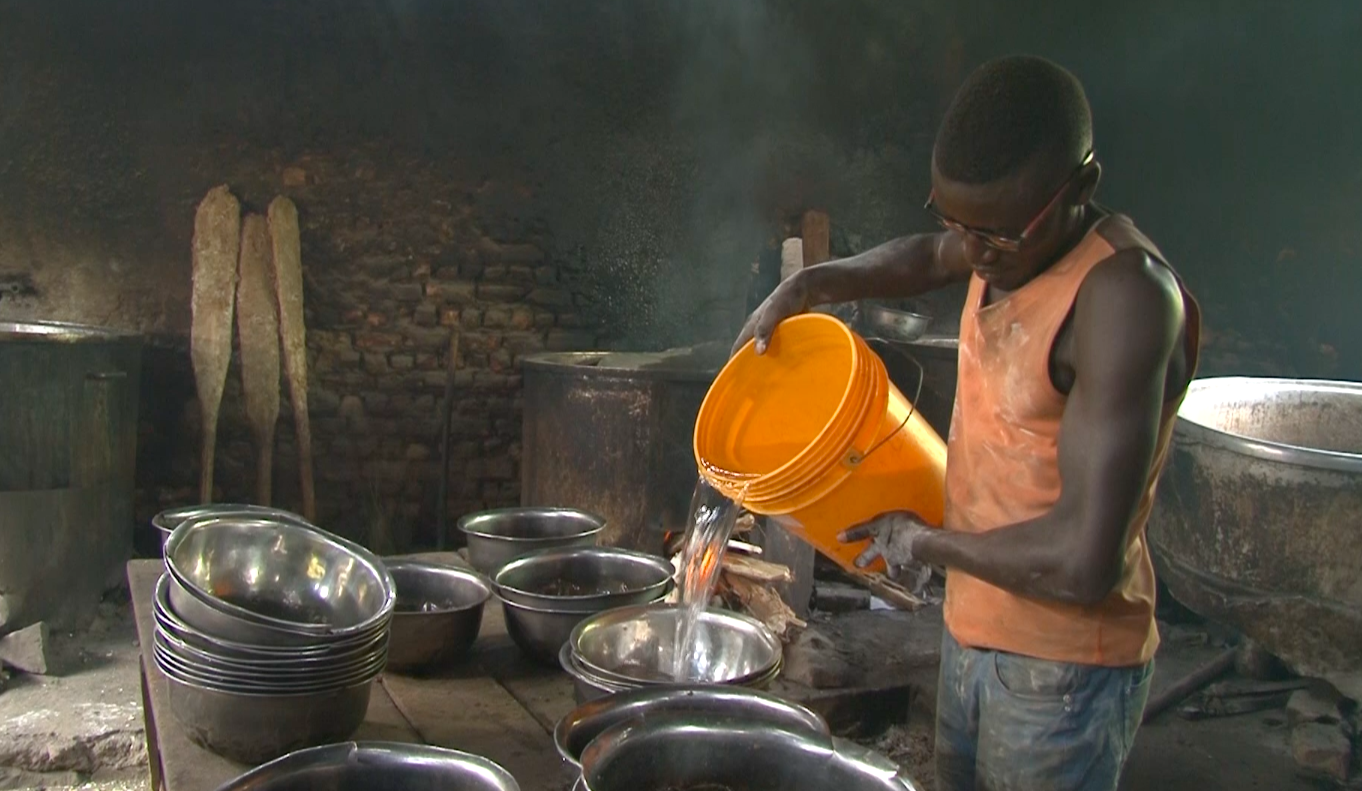“Life Is Paralyzed” - Daily Life At Rubanga School, Part 2
Rubanga School is a secondary school in rural Matana Colline, Burundi. The 900 boarding students, plus the faculty and staff who support them, must make a two-mile round trip to fetch unclean water for daily use. The lack of clean water affects every aspect of school life, every single day.
Health and Sanitation
If the number one issue for the school is students missing study and class time, then a close second is that the limited amount of water they do have is not clean. The students are drinking dirty water, which causes illness, including intestinal parasites and other water-borne disease vectors.
“If you let it sit for a little while, you can see worms in the water,” says student Divina.
As if this weren’t bad enough, health consequences have only compounded during the age of COVID-19 and the coronavirus pandemic. Lacking any water source on the campus grounds, the school has placed water barrels outside classrooms for the students to use for washing up.
“If there was water in the fountain,” says Adronis, “it would be easier to keep ourselves clean and the classroom clean, and life would be easier.”
It is the health and sanitation concerns that keep headmaster Alois Ndayirukiye up at night. “When you look at the dorms, look at the number of students on campus – we are here because of the grace of God,” he says. “If there was another pandemic of something really contagious, I worry that it will kill all the students.”
When the students need to do their laundry, they must make the trip to fetch water again. There is a clothes washing station on the school grounds, but without a water supply it is functionally useless. They clean the classrooms with the dirty water left over from washing their clothes.
The restrooms are a different story. There is simply not enough water available to keep them adequately clean. “The restrooms are really dirty,” says student Lysa Irakoze. “It’s impossible to clean them more than once per week because it takes too many trips and too much water.”
Jean-Paul Nsengiyumva, who works in the school’s kitchen, can sympathize. The kitchen staff has to trek two miles round trip to get water up to 12 times per day, in order to collect what’s necessary for food preparation and clean-up for the school’s 900 students.
“We are getting water from far away, we climb mountains, and we get tired fetching water,” he says. “It’s so difficult. We are feeding a lot of kids, and water becomes a problem.”
Find out how we helped this community with a new water system, and learn more about how to help other schools like Rubanga









